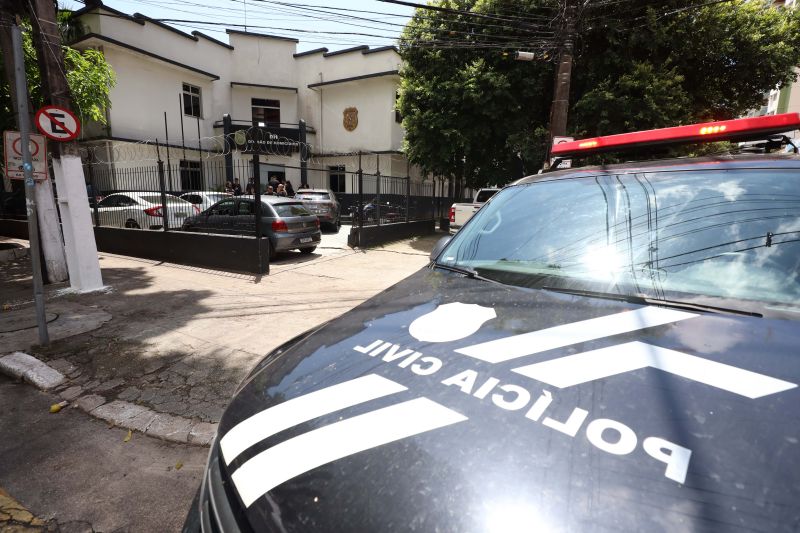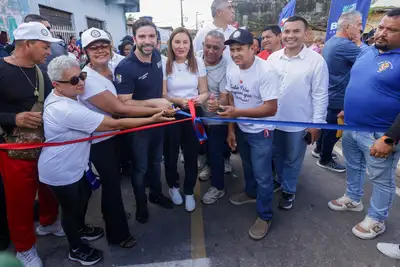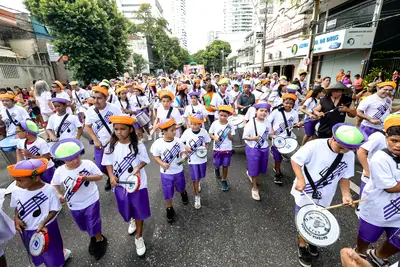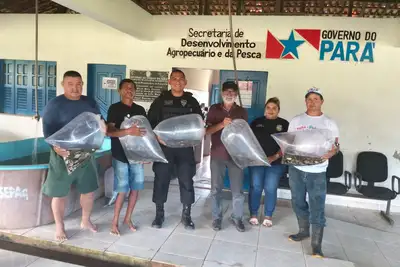Civil Police executes four arrest warrants in the States of Pará and Paraná
Operation focuses on combating crimes such as homicide, fraud, and robbery
The Civil Police of Pará, through the Interstate Police Service (Polinter), launched Operation Nogigi on Wednesday (9), which resulted in the execution of four preventive arrest warrants in the States of Pará and Paraná. The actions took place in the municipalities of Castanhal and Peixe-Boi (PA) and in Curitiba (PR), with the support of the Civil Police of Paraná and the Federal Police of Mato Grosso and Pará.
The operation focuses on combating crimes such as homicide, fraud, and robbery. One of the targets was a woman with an open arrest warrant for fraud, issued by the Criminal Court of Sinop (TJMT). She was located and arrested in Castanhal.
Also, in Castanhal, a second suspect was captured. He is wanted for homicide and had a warrant issued by the Single Court of Garrafão do Norte (TJPA).
In Paraná, a woman was arrested in Curitiba for robbery. There was an arrest warrant issued against her by the Court of Criminal Executions, Alternative Measures, and Prison Oversight (TJPR).
The fourth suspect was arrested in the municipality of Peixe Boi, in Pará. He is being investigated for involvement in the murder of Alessandro Costa do Amaral, which occurred in 2016 in the municipality of Santa Bárbara do Pará.
At the time, the victim's body was found burned in the Caiçal community. During the initial investigations, two adults were arrested and a teenager was apprehended; the latter confessed to having inflicted several knife wounds and set the body on fire.
According to delegate Arthur Silva from Polinter, the action demonstrates the importance of cooperation among state security forces. “The operation was planned to ensure the execution of arrest warrants and reinforce the fight against crime. This has been the main commitment of the Civil Police to the communities of Pará and other states,” he emphasized.
All those arrested were forwarded to the competent authorities and remain at the disposal of the Judiciary.
Text by Raphaela Rocha, under the supervision of Bruna Ribeiro











